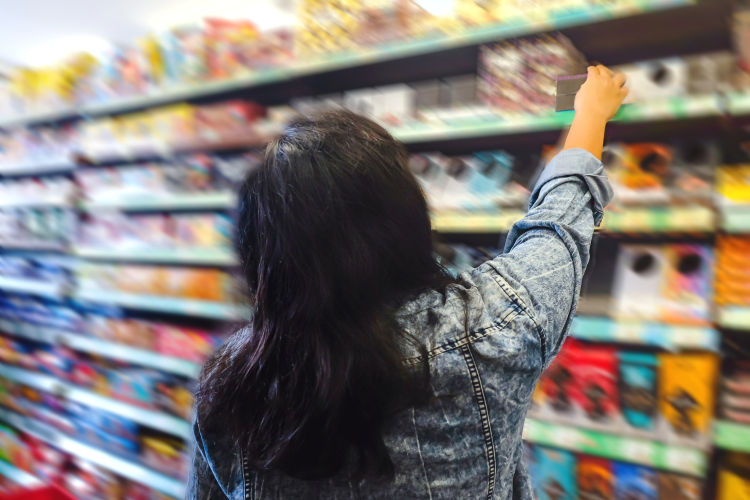A ‘different mindset’ and ‘smarter toolbox’ is needed for chemical safety and sustainability

The focus on ‘safer’ products has been sharpening in the European Union since it introduced its ground-breaking chemicals regulation in 2006, according to Sue Bullock who heads up the chemical compliance, stewardship and sustainability team at TSG. And she believes that ‘the pace of change is set to quicken’.
Rising standards for safety and sustainability
Indeed, since the EU published the Green Deal in 2019, focus has turned to the systemic change that is needed to promote sustainable food systems. The industrial use of chemicals has come under increasing scrutiny in Europe, where the Chemicals Strategy for Sustainability proclaimed its ambition to combat toxic chemicals and pollution that is detrimental to human health and ecosystems in 2020. A year later, the European Commission initiated a process to update EU laws governing chemicals in food contact materials (FCM). According to CHEM Trust, a charity based out of the UK and Germany, this review is long overdue - the EU’s FCM laws are ‘outdated and ineffective in protecting people and the environment’.
Companies already rely on growing teams of experts to make sure their products can be used safely and in accordance with legislation, whether they manufacture and sell feedstocks, pesticides or consumer goods. However, Bullock believes a ‘different mindset’ and ‘smarter toolbox’ are needed to successfully address the ambitious requirements for product safety and sustainability expected under the EU Green Deal.
“When people think about sustainability, carbon reduction is often the first thing that comes to mind, but product composition is at the crux of this issue,” explained Bullock. “Choices about the chemicals and materials used in products determine their impact on health and the environment, their performance and, ultimately, their marketability. Options need to be thoroughly assessed, and decisions – including uncertainties and tensions – must be explained effectively and credibly.”
Adopting a ‘pragmatic’ approach for competitive edge
Bullock believes businesses will benefit from a ‘strategic’, ‘pragmatic’ approach to prioritise concerns relating to chemical use then make informed decisions to realise greatest net benefit to the planet and business resilience. In her role at TSG Consulting, she also helps drive Science Group Sustainability, a platform which combines TSG’s expertise with that of sister companies Sagentia Innovation and Leatherhead Food Research. It was established by parent company Science Group to ‘blend’ product innovation and regulatory compliance services to help industry tackle complex sustainability matters.
“Most businesses have sustainability commitments in place, and now they need to set about achieving them. This is where things start to get difficult. When you lift the hood on any individual chemical or product, you’re often faced with a highly complex set of issues. Expertise is needed to evaluate options, which could mean moving to a safer alternative, or preparing evidence to demonstrate the relative impact on human health and the environment of one chemical over others,” the chemicals expert noted.
Increasingly, this involves work deep within companies and their value chains, helping to effectively communicate progress to stakeholders, from investors to customers. It’s about futureproofing ‘safe and sustainable’ products and ensuring they have a robust evidence base to support sustainability claims and reporting, she suggested.
“Understanding, then acting on, sustainability issues related to chemical ingredients requires deep technical expertise,” Bullock concluded. “Everything is interconnected, and much of the time there are trade-offs and compromises to be made. This in turn can reveal opportunities for meaningful improvement and sustainability-led innovation. When you combine scientific insight, regulatory understanding and innovation best practice it’s possible to make significant gains.”






















